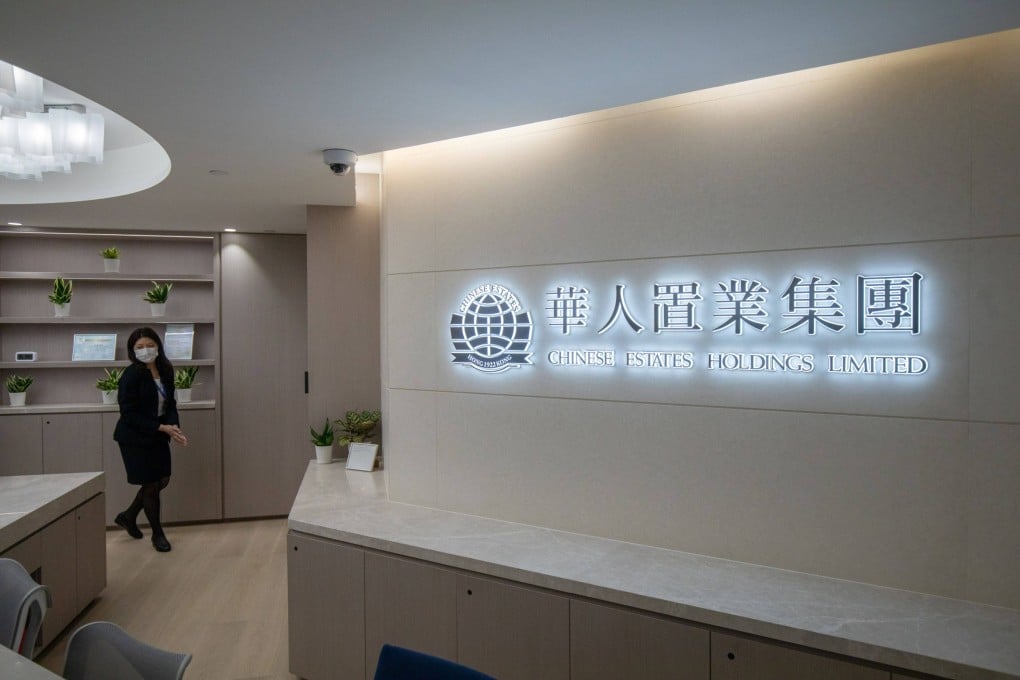Chinese Estates reports US$447 million loss for 2021 as costs of China Evergrande friendship mount
- Loss mainly due to a decline in dividend income from China Evergrande shares and losses from other equity and bond investments
- Developer says outlook for the sector remains dim because of an uneven global economic recovery, the Omicron variant, supply-chain snarls and inflationary pressures

“It is expected that the group’s investment properties will continue to face numerous challenges in the short run,” the company said in the filing.
Thanks to a friendship and alliance forged through weekly card games going back more than a decade, Chinese Estates was involved either as a buyer or seller in almost every financial transaction by China Evergrande since founder Hui Ka-yan – a close friend of Joseph Lau’s – listed his property company for HK$6.5 billion in Hong Kong.
Chinese Estates has disposed of more than 630 million China Evergrande shares, recording a loss of HK$7.9 billion, amid the liquidity and debt crisis at the latter. China Evergrande’s shares plunged by about 90 per cent last year, as it failed to pay its suppliers and investors in high-yield wealth management products, and officially defaulted on its dollar bond last December.